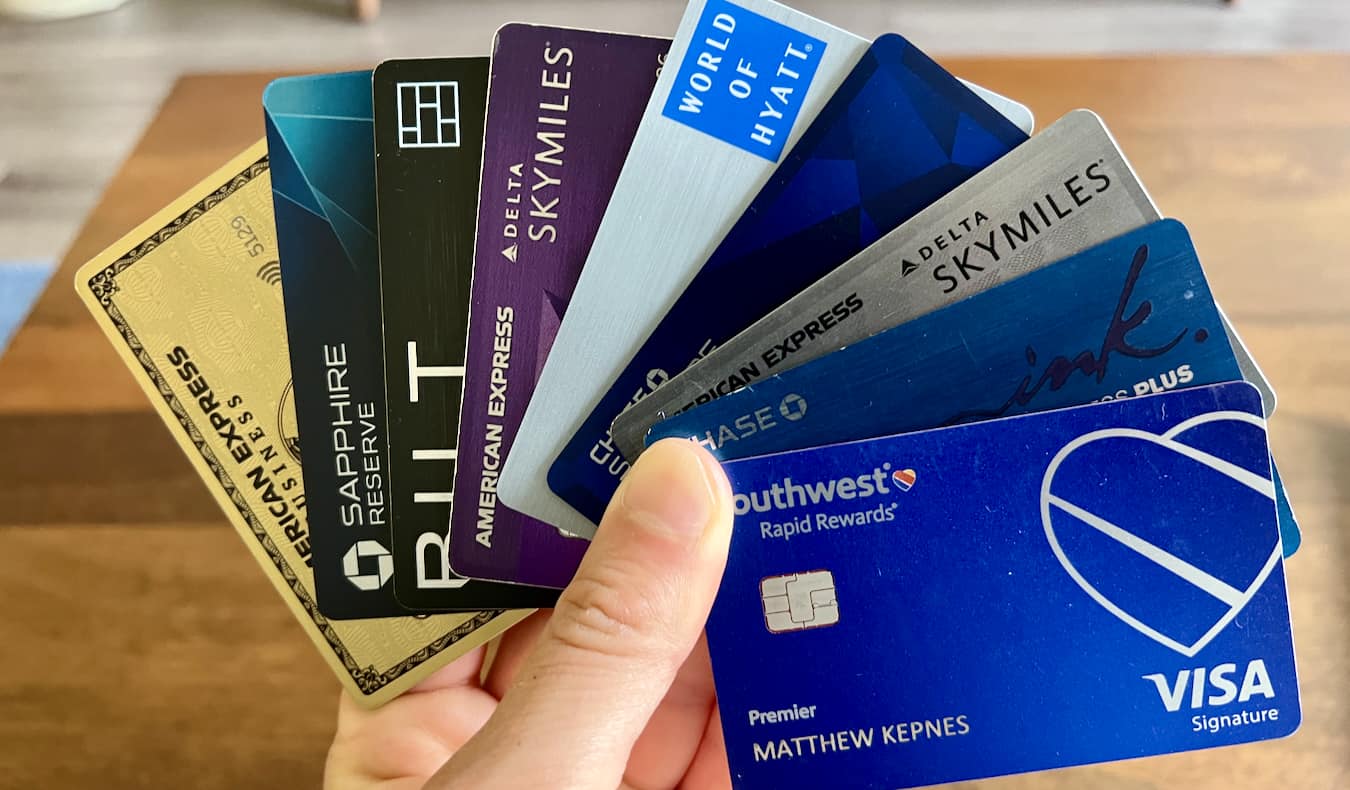In today’s digital age, our online identity is just as important as our physical one. From social media profiles to online banking accounts, we rely on the internet for many aspects of our daily lives. However, with the rise of the Deep Web and its shady marketplaces like Brlanclub.com, our personal information has never been more at risk.
In this blog post, we’ll explore what exactly happened in the Briansclub hack and how it shook up the Deep Web community. More importantly, we’ll discuss practical tips on how to protect your online identity so that you can browse with peace of mind.
What is the Deep Web?
The Deep Web is a part of the internet that is not indexed by search engines and requires special software to access. It’s often associated with illegal activities like drug trafficking, weapons sales, and hacking services. However, it also serves as a platform for whistleblowers and journalists to communicate anonymously.
One of the most famous websites on the Deep Web was Silk Road, an online marketplace for drugs and other illegal items. In 2013, its creator Ross Ulbricht was arrested by the FBI and sentenced to life in prison.
While not all activities on the Deep Web are criminal, there are many risks involved in accessing it. Malware infections, identity theft, and scams are just some of these dangers. That’s why it’s important to use caution when browsing this part of the internet.
To access the Deep Web safely, you should use a VPN (Virtual Private Network) which encrypts your traffic so that your activity cannot be traced back to you. You should also use Tor Browser or another similar software that allows anonymous browsing without revealing your IP address.
While there may be legitimate reasons for using the Deep Web such as protecting free speech or privacy rights from oppressive regimes – users must always take precautions when accessing this potentially dangerous environment
How the Briansclub Hack Shook the Deep Web
Screenshot of Brlanclub.com Dump Section
In 2019, the Deep web was rocked by a massive data breach at Briansclub cm. This online marketplace had been selling stolen credit card information to cybercriminals around the world, making it a prime target for hackers.
The breach exposed over 26 million credit and debit cards’ details, allowing criminals to use this information for fraudulent purchases and other nefarious activities.
The impact of the Brlanclub.com hack was felt across the Deep Web community. It not only affected buyers and sellers on the site but also raised concerns about cybersecurity vulnerabilities in other similar marketplaces.
This incident highlighted just how fragile our digital identities can be, even when we think they are protected by anonymous networks like Tor or VPNs. The reality is that any website or platform can fall victim to hacking attacks if proper security measures aren’t taken seriously.
Hackers are becoming increasingly sophisticated in their methods, which means that businesses must take extra precautions to keep their customers’ data safe from harm. By investing in robust security protocols and training employees on best practices for handling sensitive information, companies can mitigate many risks associated with cybercrime.
What is Your Online Identity at Risk?
Your online identity is made up of information about you that can be found on the internet. This includes your name, address, phone number, email address, and any other personal details that are publicly available. While it may not seem like a big deal to have this information out there, it can put you at risk for identity theft.
Hackers and cybercriminals use various methods to collect personal information from unsuspecting individuals online. They often use phishing emails, fake websites or malware-infected downloads to trick people into giving away their sensitive data.
Once they have access to your personal information, they can use it to open credit accounts in your name or even steal money from your bank account. In some cases, hackers sell stolen identities on the Deep web where buyers can purchase them for illegal activities.
It’s important to take steps to protect your online identity by being careful with what you share online and using strong passwords for all of your accounts. Additionally, regularly monitoring your credit report and bank statements can help ensure that no unauthorized activity has taken place.
By taking these precautions and staying vigilant against potential threats, you can safeguard yourself against the dangers of having an exposed online identity.
How to Protect Your Online Identity
Protecting your online identity is crucial in today’s digital age, where cybercrime and data breaches are becoming increasingly common. Here are some tips to help you safeguard your personal information:
1. Use strong passwords: Always use a unique password for each of your accounts and make sure it includes a combination of numbers, letters, and symbols.
2. Enable two-factor authentication: Two-factor authentication adds an extra layer of security by requiring users to provide additional verification beyond just their password.
3. Avoid public Wi-Fi networks: Public Wi-Fi networks can be easily hacked, so avoid accessing sensitive information such as banking details or social media accounts on them.
4. Keep software up-to-date: Regularly updating software can prevent vulnerabilities from being exploited by hackers.
5. Be cautious when sharing personal information: Only share personal information on reputable websites that have secure connections (HTTPS).
6. Use a virtual private network (VPN): A VPN encrypts internet traffic, making it more difficult for hackers to intercept and steal data.
By following these simple steps, you can significantly reduce the risk of having your online identity compromised by cybercriminals or other malicious actors on the web.
Conclusion
The Brians club hack is yet another reminder of the importance of protecting our online identities. The Deep web is a place where stolen information can be bought and sold with ease, which makes it imperative to take steps to safeguard your personal data.
By using strong passwords, enabling two-factor authentication, being cautious about clicking on links or downloading attachments from unknown sources, and regularly monitoring your accounts for suspicious activity, you can significantly reduce the risk of becoming a victim of cybercrime.
Remember that your online identity is just as valuable as any physical possession you own. Therefore, always prioritize its safety and security. Stay vigilant and stay safe!




